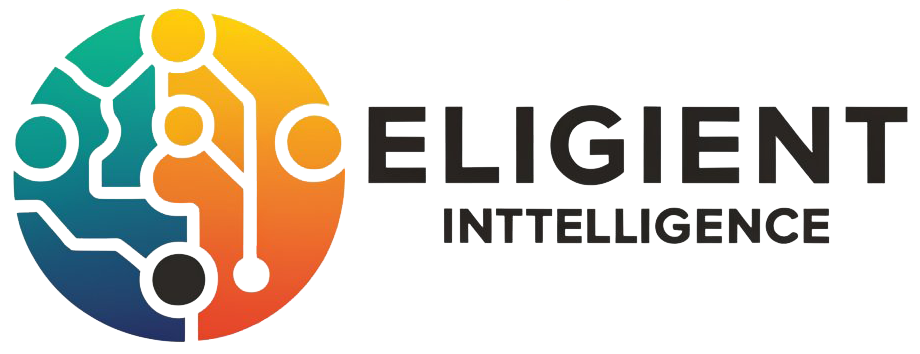The integration of Artificial Intelligence (AI) into the law industry represents a significant shift, offering both opportunities and challenges. AI technologies are transforming the way legal professionals work, enhancing the efficiency and quality of legal services, and potentially reshaping the legal landscape. Here are several key areas where AI is making a significant impact in the law industry:
1. Document Review and Legal Research
AI-powered tools are revolutionizing document review and legal research by automating these time-consuming tasks. AI algorithms can quickly sift through vast amounts of legal documents, case laws, and statutes to identify relevant information, trends, and patterns. This not only speeds up the legal research process but also enhances accuracy and reduces the risk of human error.
2. Predictive Analytics
AI systems are being used to predict the outcomes of legal cases by analyzing historical data and identifying patterns. These predictions can help lawyers and their clients make more informed decisions about whether to settle or proceed to trial, the likely duration of litigation, and the potential costs involved.
3. Contract Analysis and Management
AI technologies are employed to automate the review and management of contracts. They can identify, extract, and analyze key information from contracts, such as obligations, termination clauses, and renewal terms. This automation helps in managing contract risks, compliance, and obligations more efficiently.
4. Legal Drafting
AI-powered legal drafting tools assist lawyers by generating draft documents based on templates and specific user inputs. These tools can help create contracts, legal letters, and even certain court documents, saving time and ensuring that the documents comply with current laws and regulations.
5. Access to Justice
AI is playing a crucial role in improving access to legal assistance for those who may not afford traditional legal services. Online platforms powered by AI offer legal advice, help users understand their legal rights, and even draft legal documents for a fraction of the cost of hiring a lawyer.
6. Ethics and Bias Mitigation
While AI offers numerous benefits, it also poses ethical concerns, including biases in AI algorithms that can lead to unfair outcomes. The legal industry is actively engaged in developing guidelines and frameworks to ensure the ethical use of AI, mitigate biases, and protect clients’ rights.
7. Regulatory Compliance
AI tools assist businesses in complying with complex and ever-changing regulatory environments. By automating compliance checks and monitoring, AI helps companies reduce the risk of regulatory breaches and the associated penalties.
Challenges and Considerations
Despite its benefits, the integration of AI in the law industry comes with challenges. These include ensuring data privacy and security, addressing ethical concerns related to bias and accountability, and the need for legal professionals to adapt to new technologies. Moreover, there are concerns about the impact of AI on employment in the legal sector, though many experts argue that AI will augment rather than replace human lawyers, shifting the focus to higher-value tasks.
In summary, AI’s role in the law industry is transformative, offering enhanced efficiency, accuracy, and accessibility of legal services. However, it also necessitates careful consideration of ethical, privacy, and employment implications. The future of AI in law promises to be a blend of technological innovation and human expertise, aiming for a more efficient, accessible, and fair legal system.

